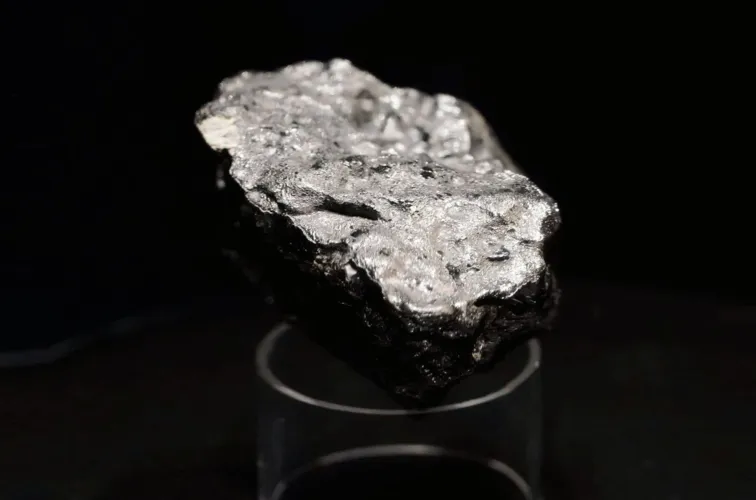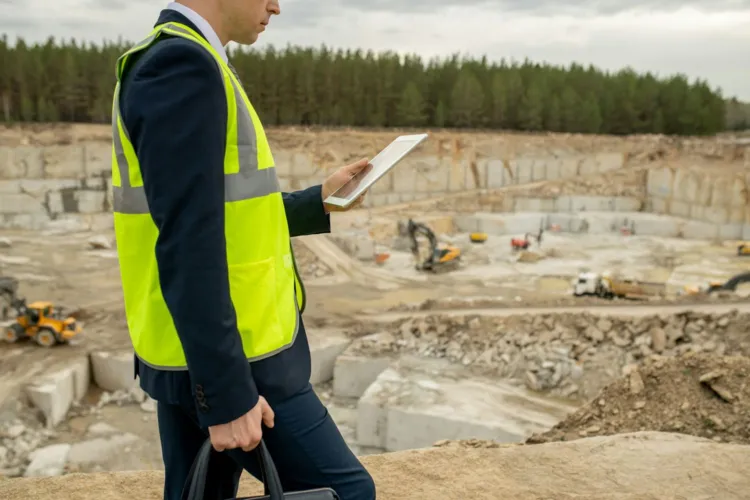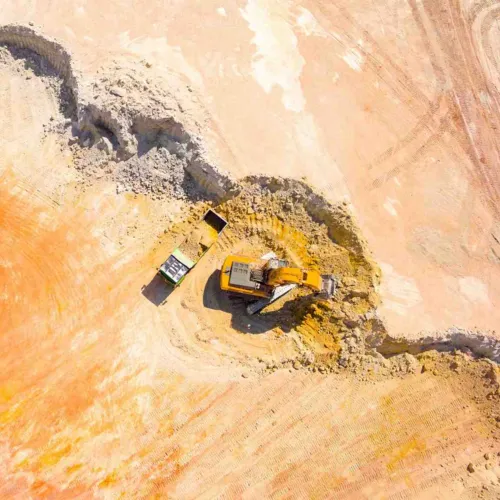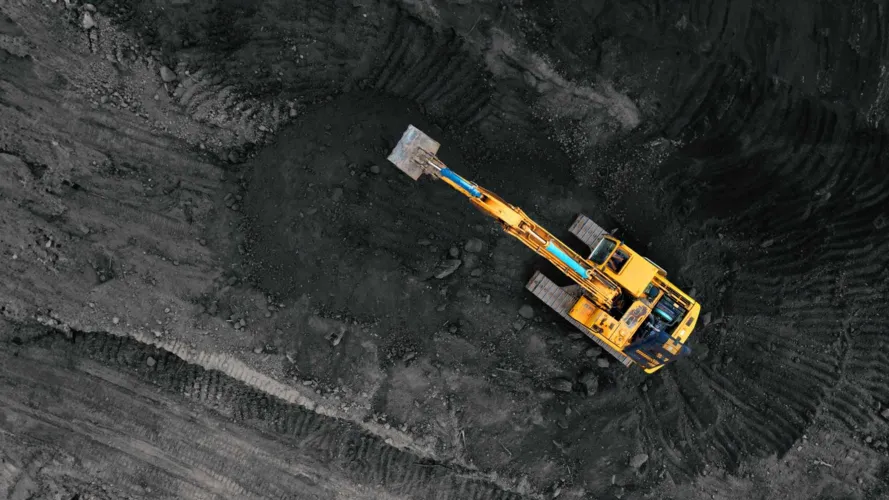Saudi Arabia is accelerating its shift from oil dependency by investing heavily in critical minerals — the building blocks of renewable energy and advanced technologies. With a mineral wealth valued at $2.5 trillion, the Kingdom is positioning itself as a key global supplier of materials like lithium, copper, nickel, and rare earth elements, essential for clean energy systems and electric vehicles.
Unlocking Saudi Arabia’s Hidden Wealth
The Arabian Shield, covering over 600,000 square kilometers, contains more than 48 identified minerals. This region has become the focal point of exploration, with over 132 mining firms now operating across Saudi Arabia. Recent discoveries have significantly boosted resource estimates, reinforcing the country’s global standing in critical minerals.
The mining sector’s contribution to GDP is projected to soar from $17 billion in 2024 to $75 billion by 2030 — a more than fourfold increase that reflects its strategic importance to Vision 2030. This growth is backed by strong government reforms and incentives designed to attract both domestic and international investors.
Under its Critical Minerals Strategy, Saudi Arabia has committed $100 billion in mining investments by 2035, with $75 billion already allocated to active projects. These efforts aim to diversify the economy and support global energy transition goals by ensuring a reliable supply of essential materials.
Driving Energy Diversification Through Exploration
The Kingdom’s energy diversification plan is ambitious — targeting 130GW of installed capacity by 2030, with 50% from renewable sources such as solar and wind. This massive shift requires substantial quantities of critical minerals for energy storage, transmission, and electric mobility.
Research on lithium, rare earth elements, and copper is playing a crucial role in this transformation. Saudi Arabia’s lithium-rich brines and copper deposits are being developed to support clean energy manufacturing, both domestically and globally. The Northern Borders region, home to $1.2 trillion (SR4.6 trillion) in mineral resources including rare earths and phosphates, is emerging as a key hub for advanced materials and exports.
To sustain this momentum, the government has introduced a new Mining Investment Law, reducing tax rates from 45% to 20% and streamlining the licensing process. These reforms have led to a 32% annual growth in exploration spending, far outpacing the global average and reflecting growing investor confidence.
Beyond extraction, Saudi Arabia’s focus is also on developing expertise in processing and downstream sectors, such as magnet production and advanced electronics. This integration across the value chain strengthens the country’s long-term competitiveness while creating high-skilled jobs in emerging industries.
Building a Global Mining Powerhouse
With strategic investments, regulatory reforms, and strong private-sector participation, Saudi Arabia is shaping a mining ecosystem aligned with its Vision 2030 goals. The combination of vast reserves, growing technical capacity, and a commitment to renewable energy makes the Kingdom a pivotal player in the global critical minerals supply chain.
As the world races toward net-zero emissions, Saudi Critical Minerals stand at the heart of the Kingdom’s effort to secure its energy future and redefine its role in the global economy.







